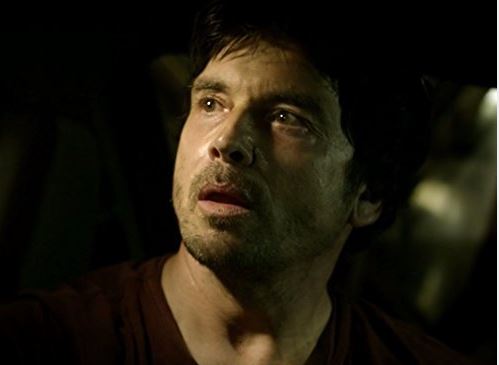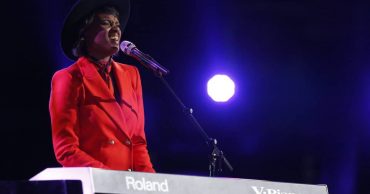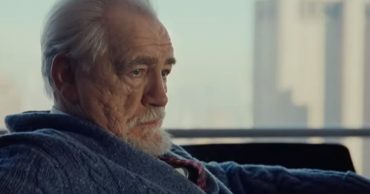
Bosch‘s approach to bread crumb storytelling has led us exclusively down familiar roads for murder mystery shows: family secrets, serial killers, cops who smoke cigarettes, etc. Within that framework, it’s relied heavily on performance to enhance supremely conventional material, which it’s mostly been able to do, thanks to the extreme focus on its titular character and a strong supporting cast filling in the margins. However, as the show begins to focus more and more on Raynard, painting him as the moral nemesis and spiritual reflection of our hypocritical hero, Bosch’s simultaneous embrace of slow burn narrative and conventional characters are working against it, with nothing intriguing to fill the space between.
“Lost Boys” is a title that suggests Raynard and Bosch’s parallels would be explored: after viewing the episode, the only thing I can draw is that both men view themselves as above their own moral code. There’s an eerie similarity to Bosch throwing Julie under the bus and Raynard putting his mother out of her misery: both acts are done against their emotional loyalties, supposedly unboxing the traits underneath that have drawn them to each other in this sinister game of cat-and-murder. Bosch is very similar to True Detective in that way; except without the cosmic, philosophic pondering of Rust Cohle, all we’ve got is a mother killer and a guy who wants to punish a woman for lying to save her job, something he was doing himself not five episodes earlier. If Bosch wants to draw its namesake in something other than a grayed-out heroic light, there has to be some nuance to these exploration of Raynard and Bosch’s connection – and “Lost Boys” never offers it, pushing forward into the next phase of its story instead.
And that story itself isn’t delivering anything of significance: the trail of clues Bosch has chased for the last two episodes again appears to lead nowhere, even as the show continues to remind us again and again that the two cases are probably related (the catacombs his ex-wife mentions, along with Irving’s comments about adding Bosch to the Raynard case). Raynard calls Bosch, and then kills his mother because getting her prednazone prescription is too difficult to him. The head game Raynard’s playing with Bosch feels more random than carefully constructed, almost as if the writers have Raynard call Bosch to reassure us that this story is still going somewhere, if we can only hold on through a little more vague set-up.
This isn’t to say Bosch won’t deliver a satisfying end to its saga when it finally kicks Raynard’s end game into gear, but while we’re waiting, the show doesn’t have much to offer in the way of filling space, except cycling Bosch through conversations with secondary characters in the dramatic equivalent of a mediocre juggling act. Bosch‘s formula is an extremely structured and repetitive one, even if the show attaches an overarching story to it all: this episode marks the third fight Bosch has had with Julia over her job, and the third episode we’ve watched Raynard wait patiently to murder somebody – hopefully with the end of the season upon us, Bosch will kick things into high gear and make all these scattered pieces mean something when they inevitably come crashing together. I’m hopeful, but not optimistic: “Lost Boys” continues the trend of one-dimensional storytelling from recent episodes, forgoing character exploration for thin dramatics, spending way too much time with our killer on the run and the events of his past, than inside the head of the broken man (The Cop Who Forgot Christmas, let’s not forget) trying to catch him.
[Photo via Amazon]
 Follow Us
Follow Us





